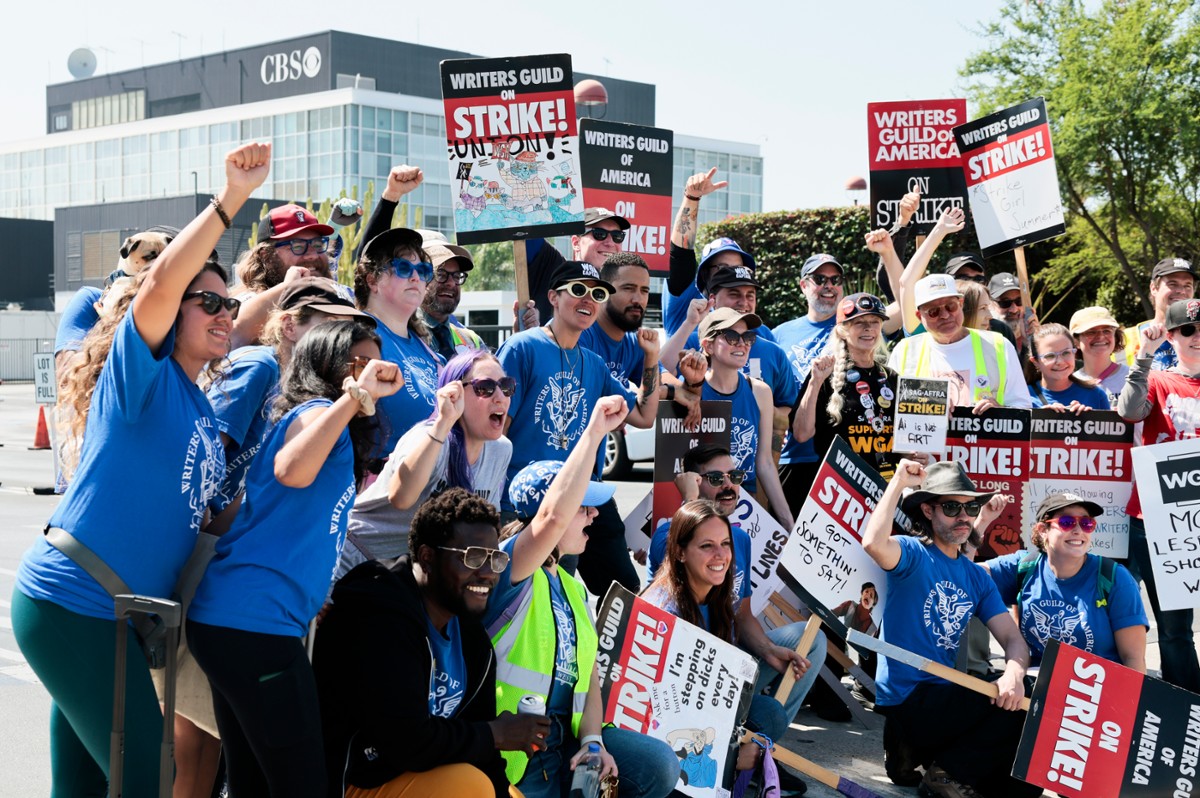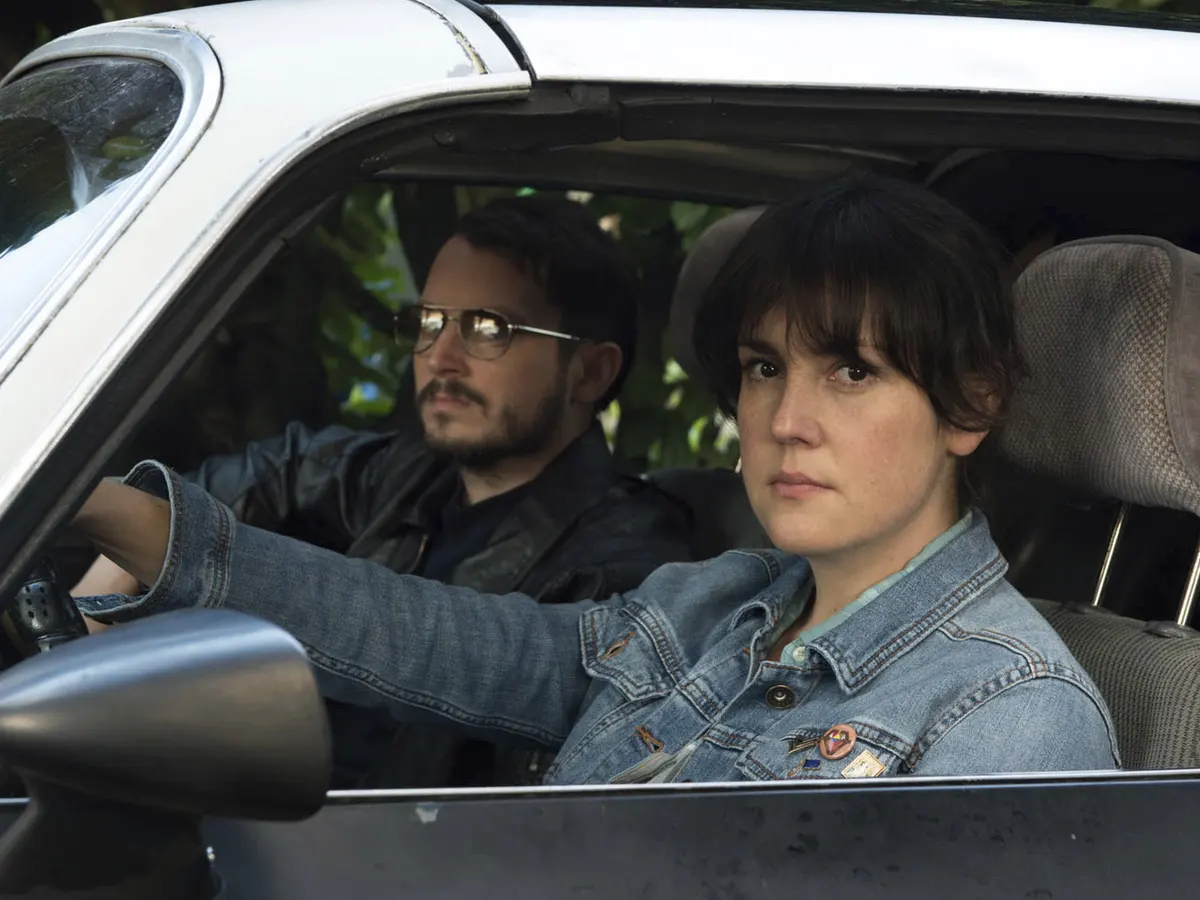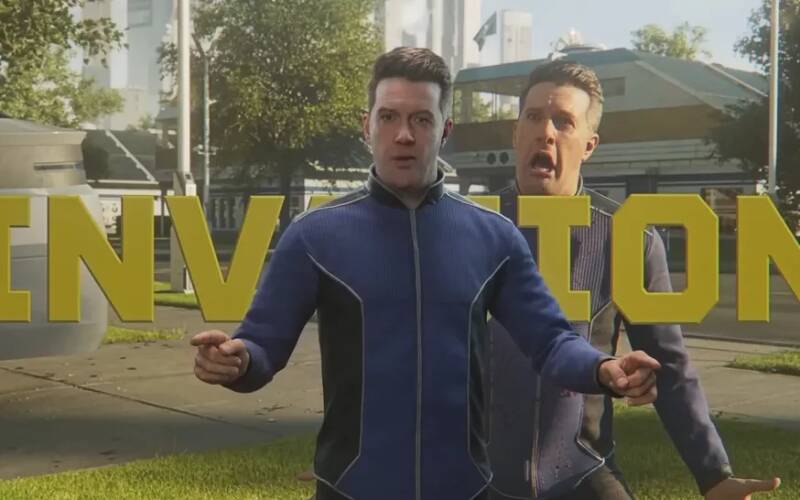WGA referendum results and end of strike
Let us remind you: the strike was suspended on September 27 under the agreement between the producers of the WGA and the AMPTP. A vote on ratification is scheduled for today. In the vote, up to 99% of members voted in favor of accepting the new contract. This resulted in 8,435 votes. 99 people were against.
In an official statement, WGA West President Meredith Stemm thanked the entire union, strike leaders and all WGA employees working on the contract. “Thanks to solidarity and determination, we have signed a contract under which screenwriters will be protected in every sector of their work. Together we have achieved what seemed impossible six months ago.”
The Writers Guild of America strike lasted 148 days. This makes it the second longest WGA strike in Hollywood history. In 1988, writers went on strike for 154 days.
What did the screenwriters achieve?
Increase wages
The new collective contract will be valid for three years. During this time, studios committed to increasing writers’ salaries by 5% in the first year, 4% in the second year, and 3.5% in the third year, for a total increase of 13%. These are the terms that directors received this year in the collective contract without having to strike.
Originally, the book called for an increase of 6%-5%-5% (or 16.9%). Studios claimed they could not afford increases greater than 4%-3%-2% (or 9.3%).
Transparent rules for paying royalties for programs on streaming platforms
The new contract stipulates that writers are entitled to bonuses if 20% of US subscribers watch a series or movie within the first 90 days of its premiere or within the first 90 days of each subsequent year. Premier price is up to 50% of the specified price.
The viewing indicator will be the one already used by Netflix and Disney+, ie The total time users spend watching a particular title divided by its total duration.
The Writers Guild also won for companies to share information about viewership on their platforms with the guild.
Guaranteeing employment, health and pensions
The WGA led to a change in the rules regarding “Writing rooms”. From now on, studio projects will have to ensure a minimum number of fully employed screenwriters (currently, there are no such rules, so studios often hire inexperienced screenwriters and they are treated as if they were on unpaid internships). . The rules specifying the minimum duration of work have also been determined.
The guild was also able to overcome studio resistance and increase health and pension contribution rates for writing teams, who will now be treated as writers.
AI is not a screenwriter
The contract also defines the rules for using artificial intelligence in the work of screenwriters.
First of all, it has been said that artificial intelligence is not a creator and cannot be treated like a script writer.
Studios also can’t use writers’ works to teach AI.
However, artificial intelligence can be used when working on scenarios. The screenwriter can do this himself, provided that he informs the studio of this and obtains its approval. However, the studio cannot force the screenwriter to use AI.
The studio must also inform screenwriters before starting work whether the material they will be working on has been created by artificial intelligence.

“Amateur social media maven. Pop cultureaholic. Troublemaker. Internet evangelist. Typical bacon ninja. Communicator. Zombie aficionado.”


![Minimum salary 2024 – this is what you will get. We have net minimum wage calculations [10.09.2023 r.]](https://d-art.ppstatic.pl/kadry/k/r/1/8f/a0/6521467350a4c_o_original.jpg)
![Original or copy? Joanna Obozda looks like a Brigitte Bardot clone! [QUIZ]](https://www.moviesonline.ca/wp-content/uploads/2022/11/Original-or-copy-Joanna-Obozda-looks-like-a-Brigitte-Bardot.jpg)





